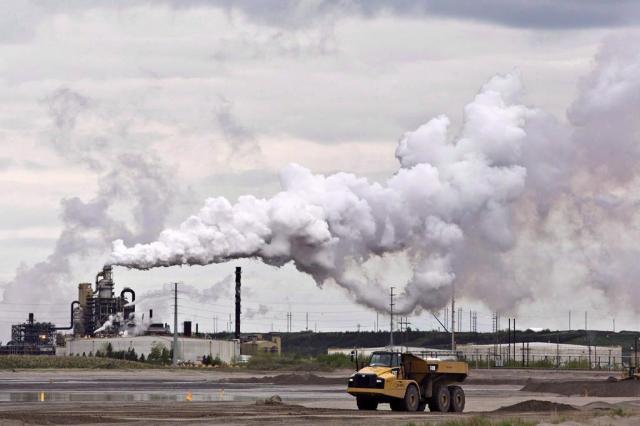
Recently, Alberta’s new climate plan has come under fire for its lack of interim emissions reduction targets. However, supporters of carbon capture and storage technology say that we need to be realistic about how quickly major projects can be deployed. The International CCS Knowledge Centre, a non-profit organization based in Regina, states that it will take six or seven years to build these projects optimally. While some proposed carbon capture and storage projects are close to a final investment decision, companies need more policy and regulatory certainty before they can invest billions of dollars in capital.
Most climate models suggest that carbon capture technology will be necessary for Canada to achieve its net-zero-by-2050 target. Currently, more than 50 carbon capture and storage projects are in various stages of development across the country, with the majority proposed to be located in Alberta. The oil and gas industry has long suggested that the interim target of reducing Canada’s emissions by 40-45% below 2005 levels by 2030 is unrealistic.
MEG Energy Corp. CEO Derek Evans, speaking at an industry conference in Toronto, questioned how fast the industry should go. The Pathways Alliance, a consortium of oil sands companies, has committed to spending $16.5 billion on a massive carbon capture and storage network to be built in northern Alberta. While Evans said that Pathways intends to apply for regulatory approval for its carbon pipeline as early as this fall, building a 400-kilometre-long piece of infrastructure is a heavy lift.
The lack of interim targets could lead to decisions that lock in higher emissions, such as building natural-gas fired power plants instead of investing in renewable energy. However, Jan Gorski, oil and gas director for the Pembina Institute, a clean energy think-tank, said targets on their own mean nothing. This is why the federal government’s pledge to introduce a legislated cap on emissions from the oil and gas sector is so important.
James Millar, the President and CEO of the International CCS Knowledge Centre, believes that industry wants to get shovels in the ground sooner rather than later, not just to meet the federal 2030 target but also because the federal price on carbon is set to rise by $170 per tonne by 2030. However, he points out that Canada doesn’t have a history of building large infrastructure projects quickly, which means making progress towards a 2050 goal is more important than a 2030 target. The industry is still waiting for more policy certainty from the federal government around future carbon pricing, and there are also concerns about how long the regulatory and permitting process could take for some of these projects.
Overall, proponents of carbon capture believe that the 2050 target is more important than the 2030 target, as it gives more time for the development of large infrastructure projects, but interim targets are still necessary for accountability. The industry needs policy certainty from the federal government to invest billions of dollars in capital in these projects. The government’s pledge to introduce a legislated cap on emissions from the oil and gas sector is crucial to achieving targets.